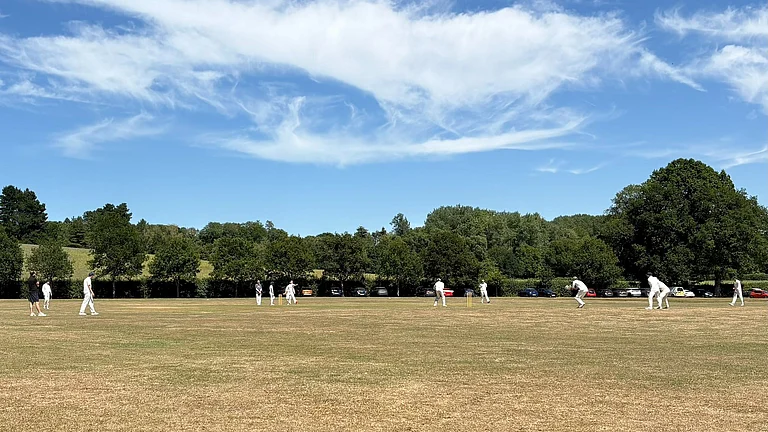A 21-year-old pregnant tribal woman has died of sunstroke after walking for seven kilometres from a village to go to a primary health centre (PHC) and then return home in Maharashtra's Palghar district, health officials said on Monday.
The incident took place on Friday when Sonali Waghat, from Osar Veera village in Dahanu taluka, walked for 3.5 km under the scorching sun to reach a highway nearby from where she took an auto-rickshaw to the Tawa PHC as she was not keeping well, Palghar district civil surgeon Dr Sanjay Bodade told PTI.
The woman, who was in the ninth month of pregnancy, was treated at the PHC and sent home. She again walked for another 3.5 km back home from the highway amid the sweltering summer heat, he said.
Later in the evening, she developed health complications and went to the Dhundalwadi PHC, from where she was referred to the Kasa sub-divisional hospital (SDH) where she found to be in a "semi-comorbid condition," the official said.
Doctors treated her as she was running high temperature and referred her to a speciality hospital at Dhundalwadi in Dahanu for further treatment, he said. However, she died en-route in an ambulance and also lost her foetus, the doctor said.
She was not in labour pain and doctors at the Kasa PHC had given her immediate attention. Since they could not treat her due to her "semi-comorbid condition", they referred her to a speciality hospital, he said. As the woman walked for seven km in the hot weather, it aggravated her condition and resulted in the sunstroke and death subsequently, the official said.
Dr Bodade said he visited the PHCs and the SDH and carried out a detailed probe into the incident. Palghar Zilla Parishad president Prakash Nikam, who was at the Kasa SDH on Monday morning, told PTI that the woman had anaemia and an ASHA (accredited social health activist) worker had brought her to the SDH. The doctors there checked her and gave her medicines, but in vain, he said.
He said the Kasa SDH does not not have an Intensive Care Unit (ICU) and specialist doctors to treat such patients in conditions of emergency. "Had these facilities been there, the tribal woman's life could have been saved," he said. Nikam said he will take up this issue at an appropriate level and ensure such incidents do not recur.


























